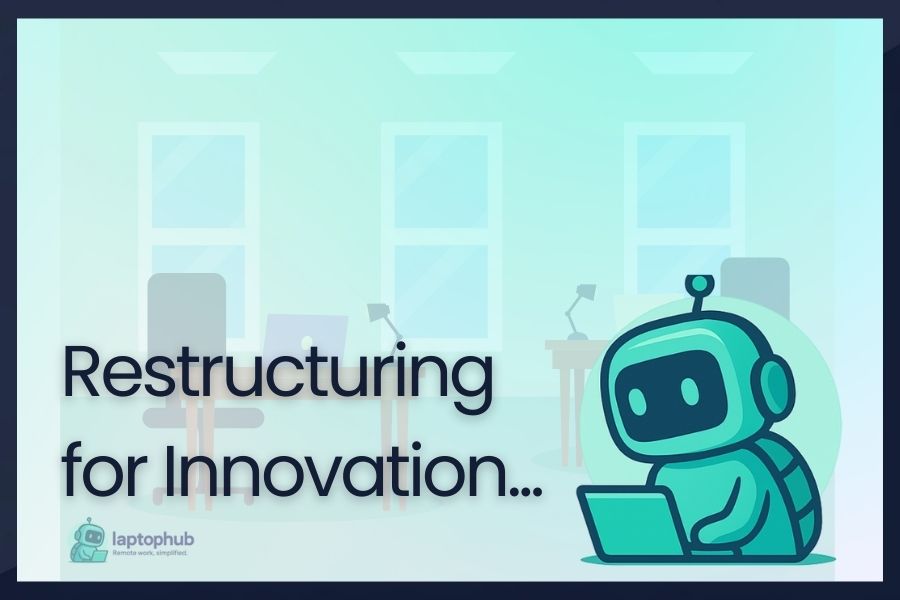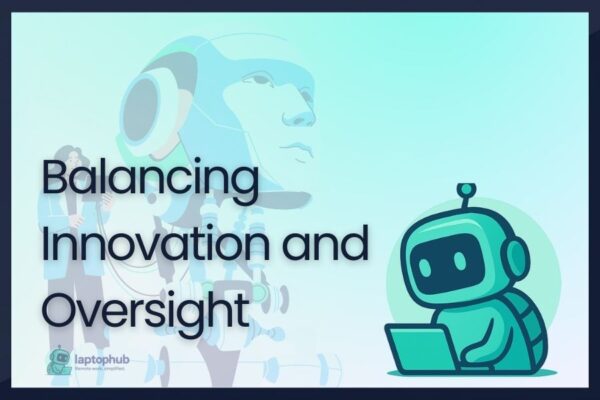In a significant move to revitalize its corporate structure and boost innovation, Intel’s newly appointed CEO, Lip-Bu Tan, has unveiled plans requiring employees to work on-site four days a week beginning September 1, 2025. This policy change is a central component of Tan’s broader initiative to flatten the organization’s hierarchy, reduce bureaucracy, and empower engineering teams.
Emphasis on Collaboration and Efficiency
Tan emphasized that increased in-person collaboration is essential for accelerating decision-making processes and fostering a more agile work environment. By reducing the number of management layers and cutting non-essential administrative tasks, Intel aims to streamline operations and enhance productivity. The company also plans to minimize meeting overload, allowing teams to focus more on innovation and product development.
Financial Goals and Workforce Implications
As part of the restructuring, Intel seeks to achieve an additional $0.5 billion in savings for 2025 and reduce capital expenditures by $2 billion. While no formal layoff targets have been announced, workforce reductions are anticipated in the second quarter as the company aligns its staffing with the new organizational model. Tan’s strategy includes shifting manufacturing to 70% in-house and launching the Panther Lake chips by late 2025, positioning Intel to reclaim its leadership in the semiconductor industry.
Balancing Remote Work and Organizational Goals
The move to a four-day office workweek reflects a growing trend among tech companies reassessing remote work policies in favor of hybrid models that prioritize face-to-face collaboration. Intel’s decision underscores the company’s commitment to fostering a culture of innovation while addressing the challenges of remote work in achieving strategic objectives.





